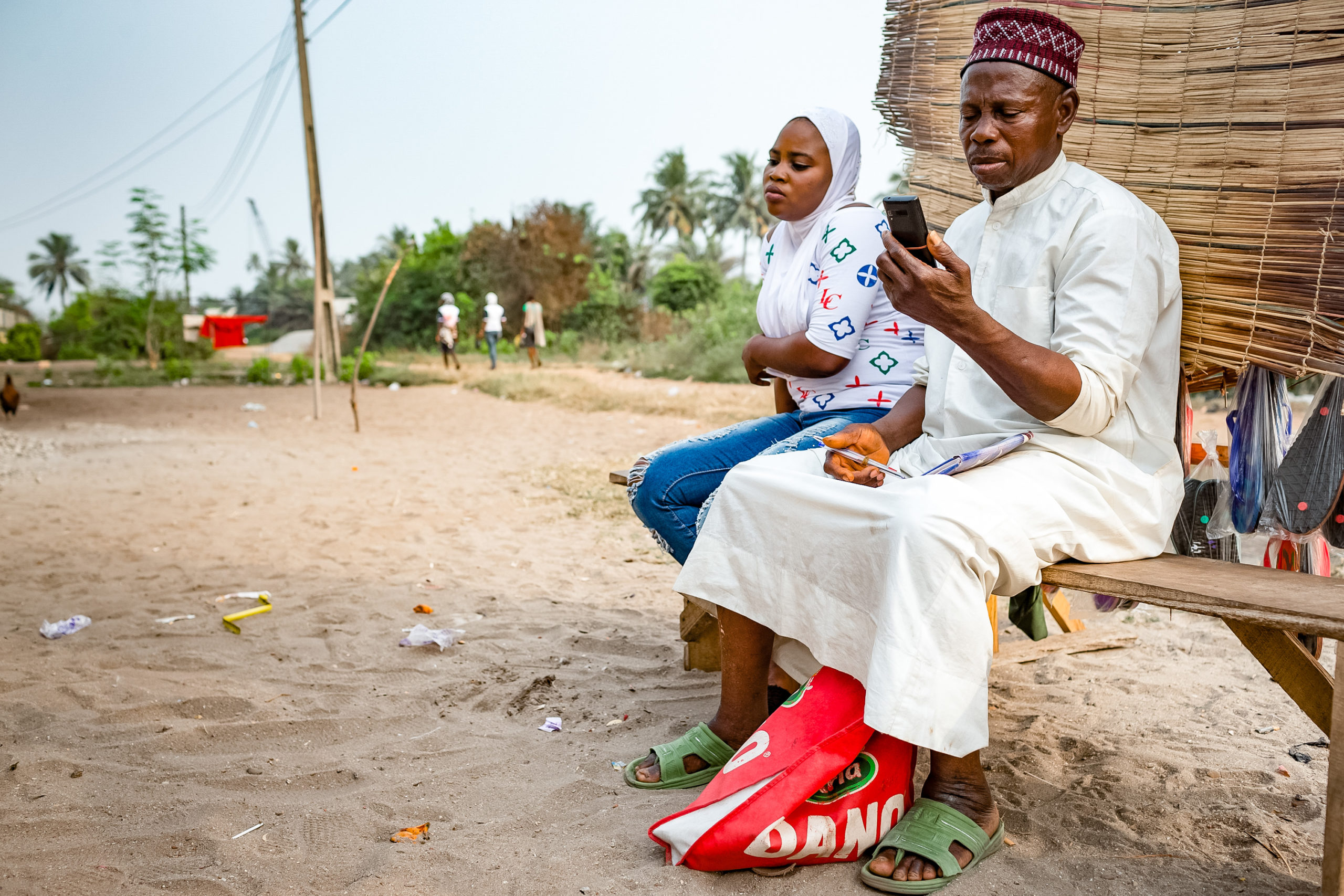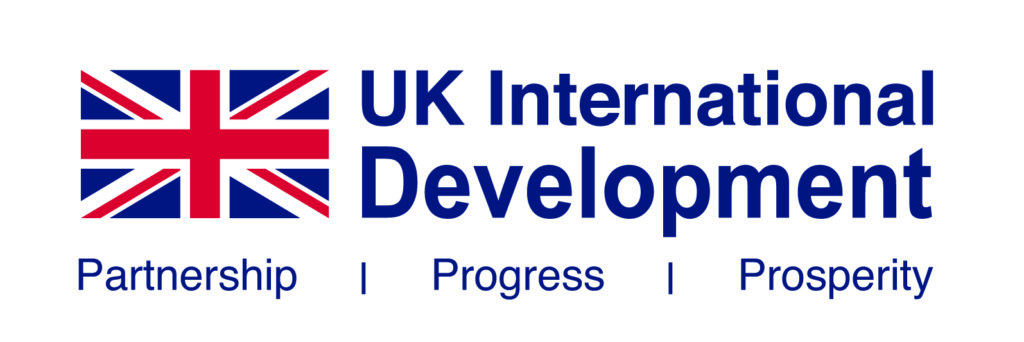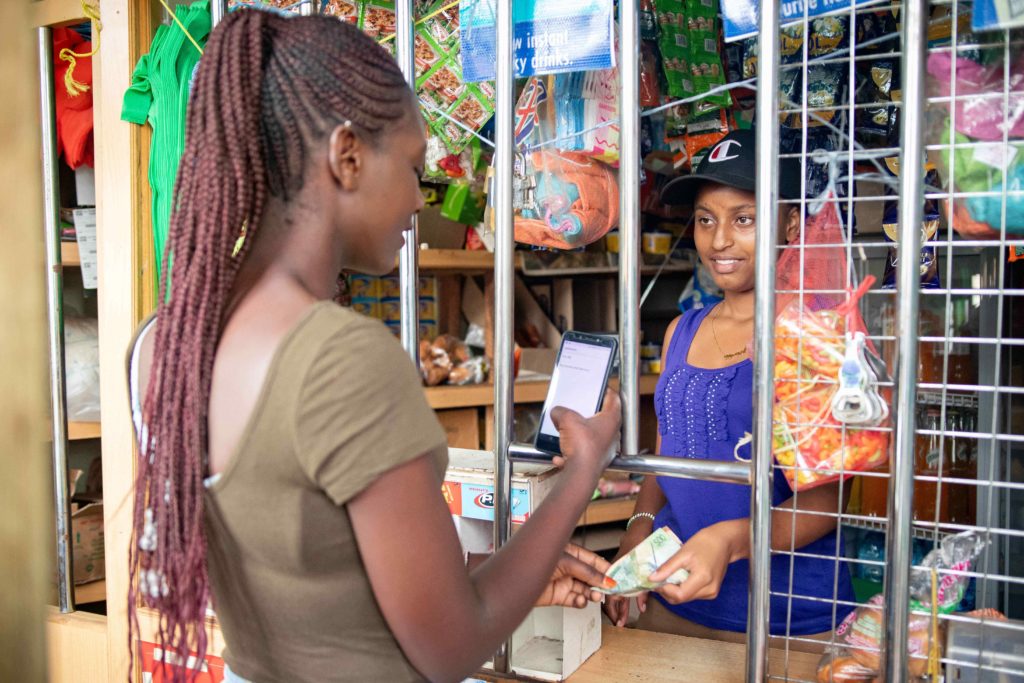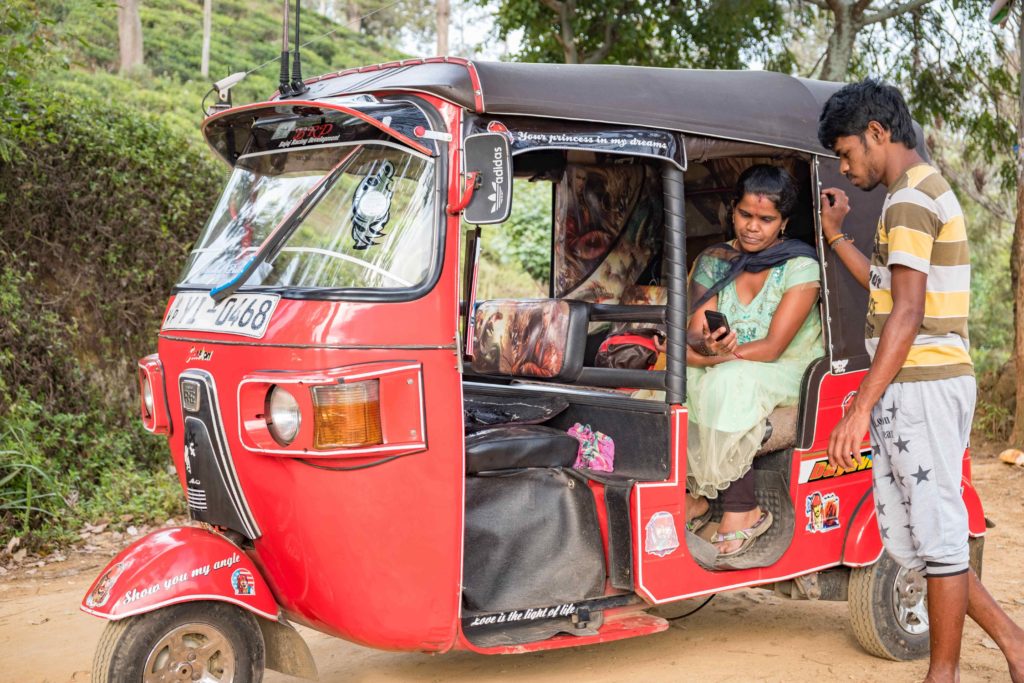
Breaking Barriers
The Usage Gap prevents individuals from being able to access critical digital services such as healthcare, education, ecommerce, financial services, and income-generating opportunities. It’s time for this to change.
How the barriers are affecting people’s lives
The GSMA’s State of Mobile Internet Connectivity Report identifies and outlines five key barriers preventing people with mobile broadband coverage from connecting to it and getting online. These are affordability, digital literacy and skills, lack of relevant content, online safety and access.
Affordability
Inability to afford devices, data plans or other service fees
“I sold (my phone) because I wanted to support my family… [at least] we could survive for about three weeks after selling that phone.”
– A woman in Kenya explains how she and her family coped financially during the COVID-19 pandemic.
Digital literacy and skills
Lack of digital skills and literacy and a lack of awareness and understanding of mobile internet and its benefits
“The internet is for intelligent, educated people. Those of us with half knowledge won’t use it.”
– A woman from urban India highlights the digital skills gap.
Lack of relevant content and services
A lack of relevant content, products and services that meet users’ needs and capabilities
“If you don’t have proper English, it can be a barrier… everything is in English. It would be good if there’s something in Sinhala.”
– A Sri Lankan woman comments on the lack of relevant local content, which prevents her from utilising mobile connectivity.
Online safety
Concerns about the negative aspects and risks of mobile and the internet, such as harassment, theft, fraud and online security
“We’ve seen girls and boys get in trouble using the internet — girls can get raped or even killed.”
– A man from Bangladesh warns how security fears prevent people from getting online.
Access
Lack of access to networks and enablers, or devices and services that are not easy to use.
“I previously had to walk three hours to another town to charge my phone, but now that there is a mobile charging booth in my village, I’m now able to use my phone and access the internet more often.”
– A Tegea village resident (250 km northwest of Nairobi, Kenya) explains how a lack of access to electricity meant she was only able to use mobile internet infrequently.
Case studies
Find some examples of work mobile operators have done to close the usage gap and identify digital barriers in the lead-up to our Breaking Barriers awareness campaign.
MTN Data Smart Case Study
This report examines digital barriers and provides an overview of the MTN Data Smart campaign and looks at how it has increased mobile internet use among MTN customers in two key markets: Benin and Cameroon. It highlights how MTN successfully incorporated the lessons from the 2019 pilot to reach over 18 million people and empower their customers’ lives through a campaign that continues to expand.
Multiplying the impact of mobile internet skills training
To tackle the lack of digital skills, the Connected Society programme launched the Mobile Internet Skills Training Toolkit (MISTT). The toolkit provides resources to teach mobile users the most critical internet skills.
In 2019, MTN Uganda piloted a mobile-related digital skills training programme, using MISTT resources to equip their customers with digital skills and increase their active data user base and revenue. This case study explores whether and how a customer’s newly acquired knowledge and skills are shared with others in their social network – what we call the digital skills multiplier effect.
Connected Women – Mobile Internet Brings Down the Digital Barriers
Watch the case study video on how women in low and middle income countries have used mobile internet and apps in areas such as farming, home education, retail and catering to improve their livelihoods and lives
M-KOPA: Applying the pay-as-you-go model to smartphones in Africa
This case study highlights how M-KOPA, a connected asset financing company, is making smartphones more affordable for underserved customers in Kenya, Nigeria and Ghana. It outlines the key success factors that enabled M-KOPA to reach a million customers since launching its smartphones offering in 2020.
Founding partners
The GSMA works with partners to address the usage gap, including through its Connected Society and Connected Women programmes. The Connected Society Programme is currently funded by the UK Foreign, Commonwealth & Development Office (FCDO) and the Swedish International Development Cooperation Agency (SIDA) and is supported by the GSMA and its members.




